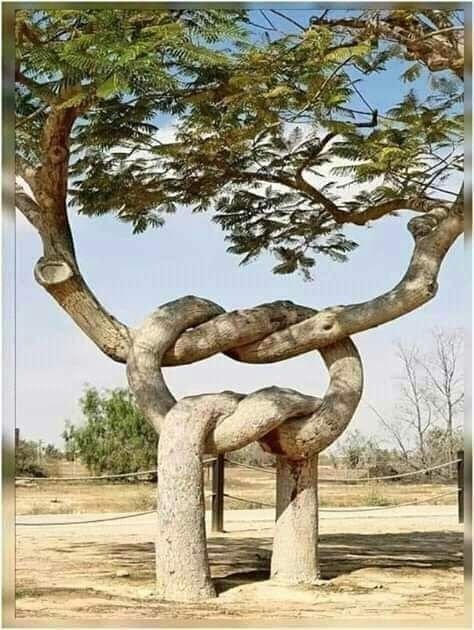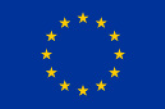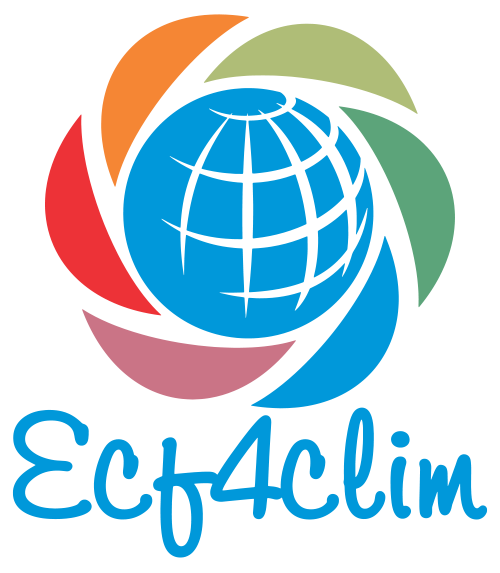Nowadays we are talking more and more about smart cities and we are proud for the solutions we created to transform our cities of today into the smart cities of tomorrow. We are very determined to reduce the carbon footprint, to create more environmentally friendly approaches and technologies to support the health and comfort of the citizens.
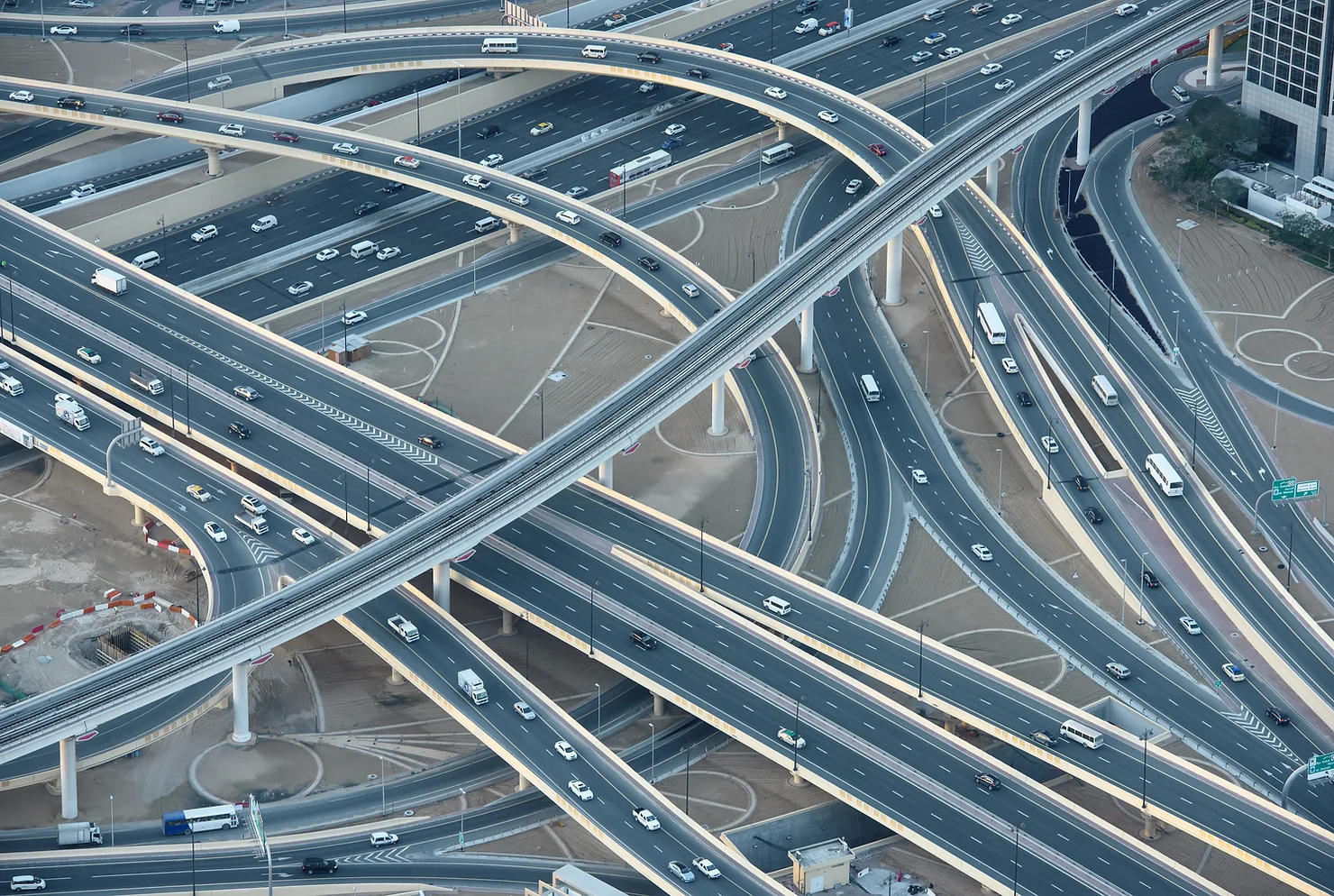
Looking more closely at the development of older or newer cities, we can see that the way they were growing was very far from the principles of sustainability. In the last centuries, the humanity has created the pattern of an overcrowded, based on an extremely resistant construction material, the concrete.
Nowadays, concrete is, after water, the most used substance on the planet. In terms of carbon emissions, the cement industry has an enormous contribution, amounting annually around 2.8 bn tonnes, comparable to the emission of each of the first two largest contributors countries to emissions (China and the USA). Concrete is a primordial material of modern civilization, allowing the creation of defense structures against disasters, housing structures, transport, energy, health, and industrial production. Concrete protects civilization, but at the same time it drastically impacted the nature by occupying vast areas of fertile land, by reducing habitat areas, by changing natural water courses.
Our cities seem rather like fortresses against nature. The green areas are few and strongly controlled. Any intrusion of unwanted species is quickly blocked. Today we are afraid of pollen and other factors that cause allergies, about the insects and other natural agents entering our cities. But, no matter how strong the force is, our cities are assiduously penetrated by the life forms that can adapt. Some, such as rats, ants and kitchen cockroaches, do it almost perfectly. And the fight continues. Tons of chemicals to protect our habitats are released daily in the nature.
From the perspective of the planet, a city is a concrete agglomeration, an unwanted concentration of pressure factors, an enormous consumption of resources, a continuous generator of waste and pollution. The rivers that cross modern cities have become concrete channels designed to direct the water in a safe and fast flow. In the conditions of climate change, are the systems designed to protect us safe enough? Or will these systems turn against us? More than once, these artificial canals have caused disasters for the towns downstream, evacuating excess water with increased force.
Urban agglomeration concentrates a large consumption of energy, creating a hot spot, a disturbance that strongly influences nature. Sometimes we are looking at the artificial development of cities, like those erected in the Persian Gulf area, as a powerful victory of human intelligence. We successfully managed to build skyscrapers in the desert, to create oases of greenery in arid areas, to raise artificial islands in the sea and populate them with amazing buildings and infrastructures. They are smart cities intended to support our future development. Can we be proud? Really? Or it is wiser to reflect on our power to drastically influence the nature?
